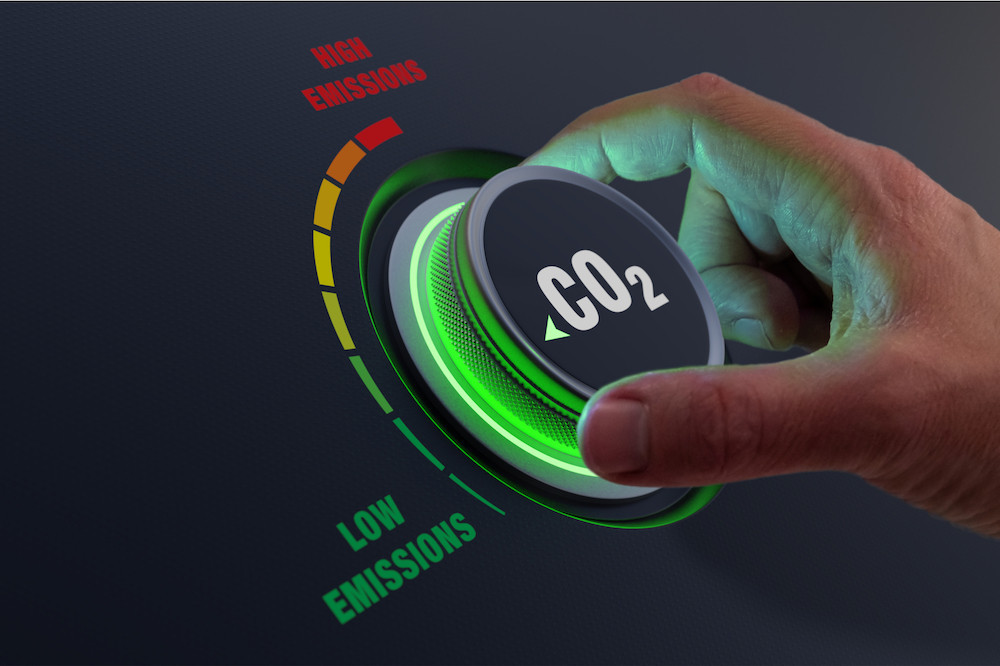Launched on Friday 21 January, The Carbon Footprint label aims to support businesses or institutions committed to fighting global warming.
Each actor who assesses the greenhouse gas emissions linked to its activities is likely to benefit from this label, designed in compliance with international standards and regulations applicable to the measurement and reduction of CO2 emissions. Three levels of qualification--"Checked", "Optimised" and "Neutral”--are awarded according to the degree of investment intensity.
Three levels of qualification
While the "Checked" label is awarded to companies that have assessed their carbon impact, a prerequisite for reducing emissions, the "Optimised" label is awarded to companies that have taken measures to significantly reduce their carbon impact. "The assessment allows everyone to become aware of the elements that weigh on the carbon footprint of a project or an activity in order to better consider the possibilities of reducing emissions," comments Julien L'Hoest, director of Énergie et Environnement.
The "Neutral" label is awarded to companies that have participated in the financing of projects to reduce greenhouse gas emissions outside of their scope. "However, it is only of interest if all the measures aimed at limiting the emissions inherent in the activity have been put in place beforehand," explains Daphné Piona, a project engineer at the consultancy.
"Our aim is to help them move towards carbon neutrality by assessing the carbon impact of their activity and reducing and offsetting their emissions," explains L'Hoest: "Our label aims to accompany the players at the heart of this process, enabling them at the same time to promote their commitment to the climate.”
Although the label is specific to Énergie et Environnement, "a project with the Carbon Footprint Neutral label in Luxembourg meets the same requirements and is therefore equivalent to a project certified as carbon neutral anywhere in the world,” says the consultancy, which has itself applied this approach to its activity. The result is a reduction of the equivalent of 26.9 tonnes of CO2 per year.
This story was first published in French on . It has been translated and edited for Delano.
